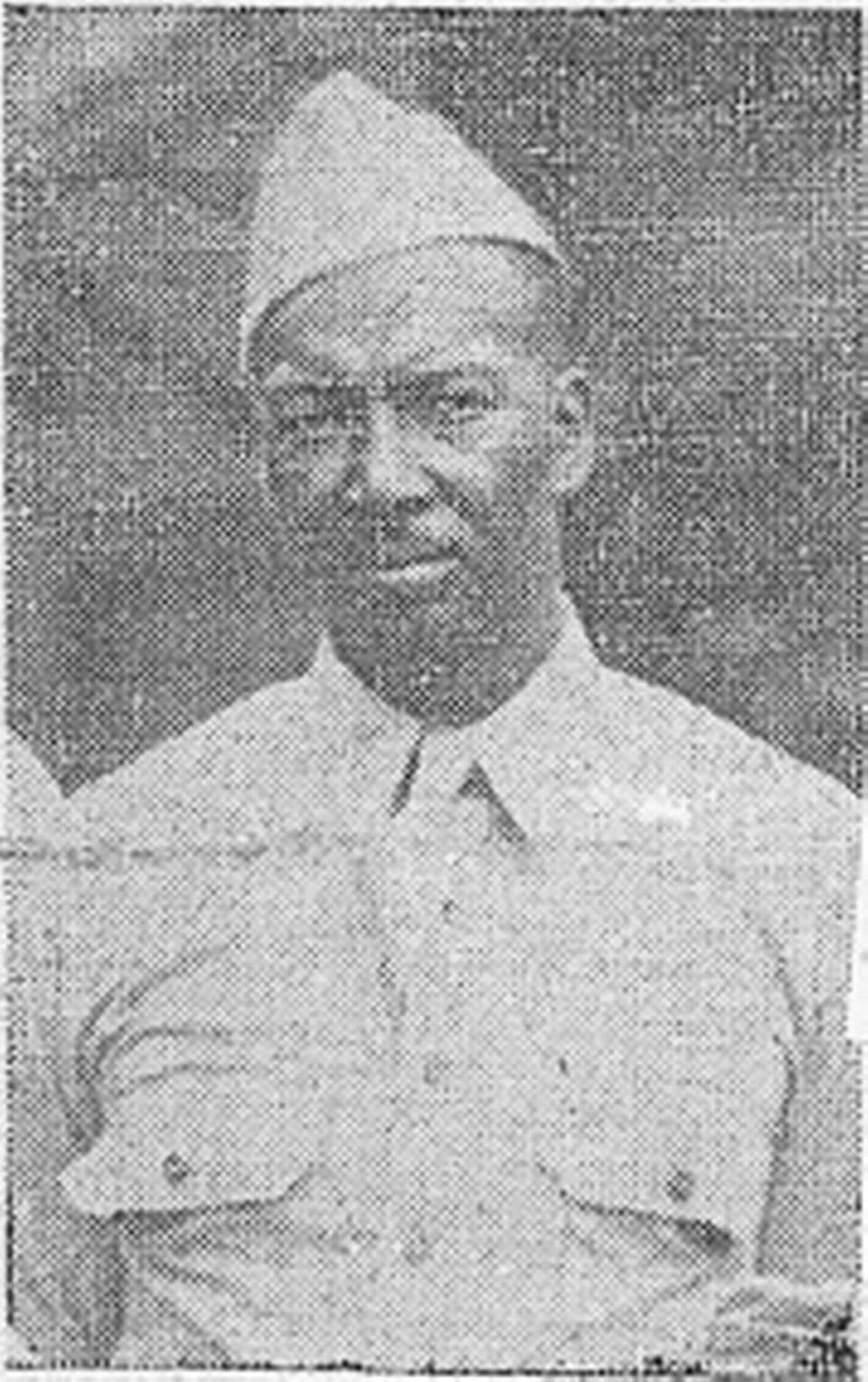The story of Booker T. Spicely reminds us why NC shouldn’t erase racial history | Opinion
Eighty years ago on July 8, 1944, in the midst of World War II, Private First-Class Booker T. Spicely gave his life for his country.
But he did not die in any battle against America’s foreign enemies. Instead, he gave his life to the cause of freedom at home, fighting for equal rights for Black people in America.

A white bus driver in Durham executed Spicely for boldly questioning the order that he move to the back of the bus. As he defied Jim Crow law, Spicely said: “I thought I was fighting this war for democracy.”
When Spicely exited the bus, the driver, Herman Lee Council, pulled out his .38 caliber pistol and shot the Black soldier, who was unarmed and in uniform.
Today, conservative Republican pundits and politicians work to erase America’s racist past from public schools by removing books from school libraries and manipulating social studies standards. That’s why it’s paramount that we learn about and remember the acts of courageous Americans like Spicely.

Ten minutes after Spicely was shot, military police arrived at the crime scene. They took him to Watts Hospital, less than half a mile away, but Watts refused to admit him because of his race. Instead of treating a gravely wounded man, Watts’ medics tested Spicely’s blood for alcohol (the result was negative). Spicely was then transported to Duke Hospital where he died.
Spicely’s protest against racial segregation was part of a national movement known as the Double V Campaign, whereby African Americans fought racial injustice at home while fighting against America’s enemies overseas. Spicely gave his life for the principles that the United States claimed to be fighting for in the war against the Axis powers: freedom, democracy and equality.
Three days after Spicely was killed, the Durham Morning Herald, the local voice of white supremacy at that time, claimed, “Fortunately, we live in a city where justice may be guaranteed,” adding “we live in a democratic country, in a state that has been noted for its fairness to all races.”
But, in fact, in 1944, the U.S. was not a democratic country, North Carolina was not fair to Black people, and Durham did not deliver justice for its Black citizens.
Despite the paper’s preposterous claim that “there can be no fear that race will overwhelm the evidence,” that is precisely what happened. Race did overwhelm the evidence in Durham, as it regularly did in the Jim Crow South.
At the trial, despite several witnesses’ testimony that demonstrated the bus driver’s guilt, the all-white jury deliberated for 28 minutes before declaring the driver not guilty.
After the trial, the leading Black newspaper in the country, The Chicago Defender, declared: “The country has again been treated to North Carolina justice,” noting that for some white Southerners winning the war took second place to keeping “Negroes in their place.”
Spicely’s killing was not an isolated case. Indeed, many whites viewed the very presence of Black men in uniform as a threat to white supremacy. From 1941 to 1946, at least 50 Black soldiers and veterans were killed in the United States, including five in North Carolina, because they challenged Jim Crow law. In failing to hold whites like Council accountable for their murderous actions against Black citizens, the justice system sanctioned violence in service to white supremacy.
Today more than ever, we must remember and learn about the heroic acts of courageous Americans like Pfc. Booker T. Spicely, who fought racism at home to ensure that America lived up to its professed ideals of freedom and democracy.
Jerry Gershenhorn is a retired North Carolina Central University history professor and a member of the Booker T. Spicely Committee.


